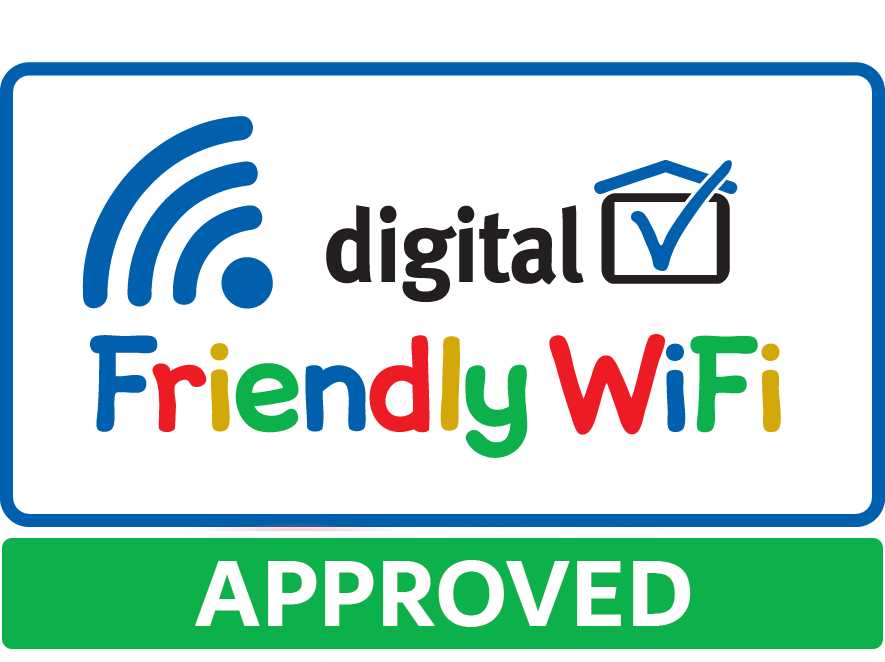Mathematics - Year 7
Click here to return to our Computing curriculum home page
Below you will find more specific information about the curriculum in Computing for Year 9 students, explaining to you what students will learn, when, why and how. There is also information about how parents/carers are able to support students in their learning, extra-curricular opportunities in this subject and how it links to other subjects and the wider world.
|
Subject Key Concepts #1 Logical Thinking#2 Programming Language#3 Operations#4 Systems#5 Data#6 Online Security#7 Digital Artefacts#8 Analysing DatePlease click here for Subject Key Concepts. |

Please click here for PDF |
Curriculum Overview for the Year
|
||||||||||||||||||||||||||||||||||||||||||||||||||||||||||||||||
Useful documents:
Please click here for a PDF of curriculum overview.
While this information covers a broad range of areas, please do get in touch with the Subject Leader Mr Pieterse if you have any questions.
Please click on the questions below to find out more.
How are groups organised?
We organise the classes by mixed ability. The classes have one lesson per week during a twilight session.
What characteristics does a successful student have in this subject?
The most successful students in Computing will be passionate about programming and enjoy solving problems.
How will students learn at this level?
- Teacher led explanations and discussions
- Watching video clips
- Practical tasks
- Practising different skills
- Using the internet to support your learning
- Online tutorials/courses
- Observing peers
- Homework tasks
How will students’ learning be assessed at this level?
- End of topic assessment
- Practical programming assessments
When do key assessments take place?
- Halfway through each term
- At the end of each term
How can parents/carers support students’ learning?
- Encourage you to practice the skills you’ve learnt
- Encourage you to keep up with news events around the world related to the topics you are studying with a particular focus on Computer Science and programming.
- Encourage you to take pride in your work.
- Encourage you to research events or processes in further detail using the internet, documentaries or other sources.
- Encourage you to watch TV programmes with a computer science focus e.g. cyber security issues.
- Visit a variety of places (local or further afield) e.g. Raspberry Pi events, computer science museum.
What equipment do students need for this subject?
- Essential school equipment
- Headphones/earphones
- The Basics of Python Programming text book
How does this subject link to other subjects?
What websites or resources may be helpful to support students’ learning?
What extra-curricular or enrichment opportunities are available for students in this subject at this level?
What sort of careers can this subject lead to?
What does student work look like in this subject at this level?
How does this subject support a broad and balanced curriculum, meeting the needs of all students, and developing traditional core skills?
How does this subject promote creativity, critical thinking, practice, perseverance and resilience, and making links?






